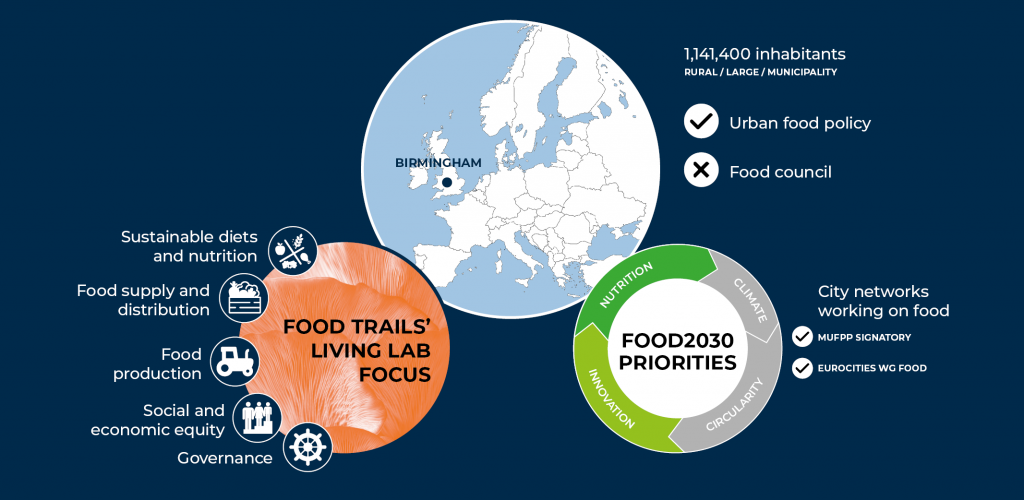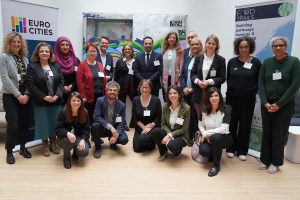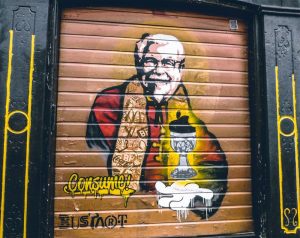
British cities are often home to the most deprived communities in the country, and in Britain, deprivation brings higher levels of childhood obesity, growth issues, and a cluster of other public health challenges. For example, mental illnesses are linked to uncertainty in securing enough food to eat. Beyond deprived areas, most Brits are overweight or obese, and the rates of type two diabetes are climbing exponentially.
Birmingham City Council signed the MUFPP in 2015 and secured the political commitment for the development of a healthier and more sustainable food policy. Four years later, the council recruited a ‘Food Policy Team’ and hosted a Food Conversation which aimed to feed into the national food strategy. In 2022, the city launched a local Food Strategy to create a bold, healthy, fair, and sustainable food system and a prosperous local food economy where food choices are nutritious, affordable and desirable so locals thrive and can achieve their potential for a happy, healthy life.
The city plans to increase opportunities for citizens to access healthier, sustainable, affordable food by creating new business models. Birmingham’s Living Lab is articulated around three main food policy actions:
– reducing food waste and moving toward a circular food system;
– building businesses around sustainable food for all;
– developing nutrition knowledge and skills.
In Food Trails, the city has developed a participatory Living Lab which acts as a framework to organise food education activities. These include trainings, public and business-facing events and co-design processes and strategies with local public, private and third-sector food stakeholders.
Through the project, Birmingham will retrofit a multi-storey car park into an urban farm and garden. The space will include an educational area for schools and a facility to run a farm-to-fork pilot, creating opportunities for peri-urban farmers to supply directly to citizens, businesses and the public sector. With this pilot, the city aims to develop a blueprint for other retrofit projects in the city centre and encourage food micro-businesses to sell healthier, sustainable food by offering business support, training and routes to market.
Read more here.



